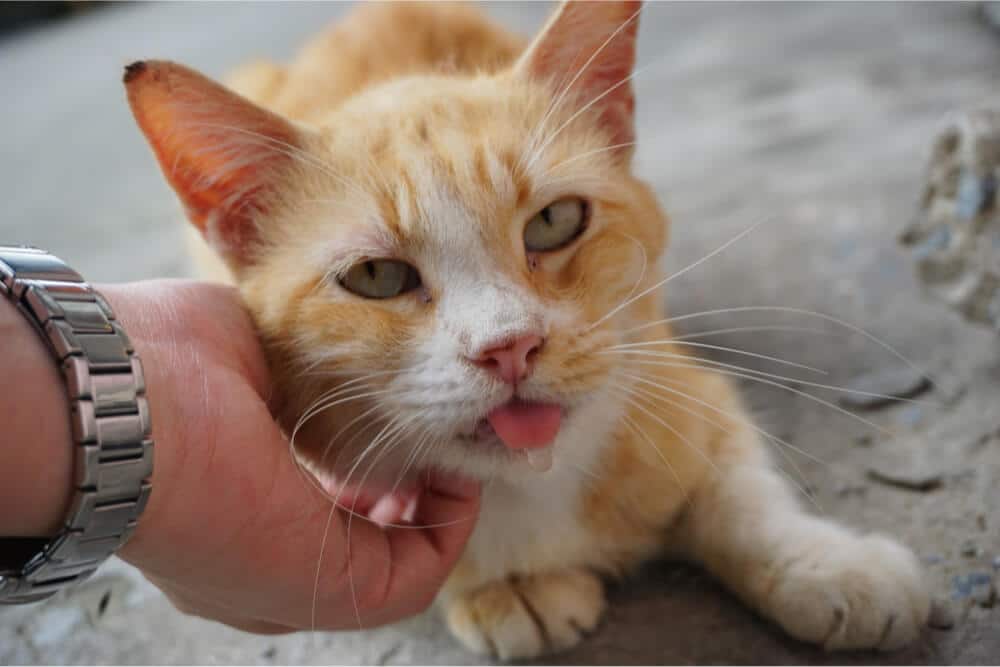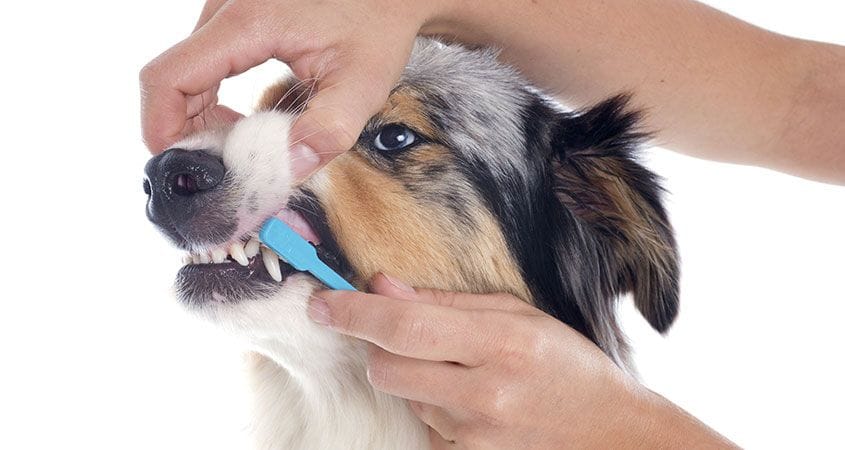Key Takeaways:
- Contrary to popular belief, dog mouths are not cleaner than human mouths.
- Dogs have bacteria in their mouths that can be harmful to humans.
- Both dogs and humans have different types of bacteria in their mouths, making it difficult to compare cleanliness directly.
- Dog saliva contains enzymes that can help clean wounds, but this does not make their mouths cleaner overall.
- Proper dental hygiene is important for both dogs and humans to maintain oral health and prevent the spread of bacteria.
Are you curious about the cleanliness of dog mouths compared to human mouths? If so, get ready to uncover some fascinating facts! Exploring this topic not only satisfies our natural curiosity but also provides valuable insights into the world of animals and their unique abilities. Understanding whether dog mouths are cleaner than human mouths can help us better care for our furry friends and maintain good hygiene practices. So, let's dive into this intriguing subject and discover the truth behind the cleanliness of dog mouths!
Are dog mouths really cleaner than human mouths?
The truth about dog saliva's healing properties for wounds
Many people believe that a dog's mouth is cleaner than a human's mouth, but this is not entirely true. While it is true that dogs have certain enzymes in their saliva that can help clean wounds and promote healing, it does not mean that their overall mouth cleanliness is superior to humans.
Dogs have different oral hygiene habits compared to humans. They lick themselves and other objects as a way of exploring the world around them. This licking behavior can introduce bacteria into their mouths, which may lead to infections or diseases if they bite or lick an open wound.
Comparing the cleanliness of dog and human mouths
Do dogs have less bacteria in their mouths compared to humans?
In terms of bacteria, both dogs and humans have different types and amounts of bacteria in their mouths. Dogs tend to have more diverse bacterial species in their mouths compared to humans. However, the presence of bacteria does not necessarily mean that one mouth is cleaner than the other.
It is important to note that maintaining good oral hygiene practices, such as brushing teeth regularly and visiting the dentist, applies to both humans and dogs. Regular dental care can help prevent dental diseases and maintain overall oral health for both species.
The truth about dog saliva's healing properties for wounds
Can dogs spread more diseases through saliva than humans?
Dog saliva does contain certain enzymes that can aid in wound healing. These enzymes help break down dead tissue and promote cell growth. However, it is important to remember that dog saliva also contains bacteria, which can potentially cause infections if introduced into an open wound.
Diseases can be spread through saliva, both in dogs and humans. While it is rare for dogs to transmit diseases to humans through saliva, it is still important to practice good hygiene when interacting with dogs. This includes washing hands after handling a dog or being licked by one.
Common misconceptions about the cleanliness of dog mouths
Are dog mouths really cleaner than human mouths?
The belief that dog mouths are cleaner than human mouths is a common misconception. It stems from the idea that dog saliva has healing properties and can clean wounds effectively. However, overall mouth cleanliness cannot be determined solely based on these factors.
Both humans and dogs need proper oral hygiene practices to maintain clean and healthy mouths. Regular dental care, such as brushing teeth and visiting the dentist, is essential for both species to prevent dental diseases and ensure overall oral health.
Can dogs spread more diseases through saliva than humans?
The role of saliva in disease transmission
Saliva plays an important role in the transmission of diseases, both in humans and dogs. It contains various microorganisms that can potentially cause infections. However, it is important to note that the risk of disease transmission through saliva depends on several factors, such as the specific disease and the overall health of the individual.
Common diseases transmitted through dog saliva
While dogs can transmit certain diseases through their saliva, it is relatively rare. One example is rabies, a viral infection that affects the central nervous system. Rabies can be transmitted to humans if they are bitten by an infected dog. Another example is Capnocytophaga bacteria, which can cause infections in humans who have weakened immune systems.
It's worth mentioning that most common bacteria found in a dog's mouth are not harmful to humans. In fact, some studies suggest that exposure to these bacteria may even have potential health benefits by boosting our immune system.
To minimize the risk of disease transmission from dogs' saliva, it is important to practice good hygiene, such as washing hands after handling pets or avoiding close contact with animals when they show signs of illness.
Common misconceptions about the cleanliness of dog mouths
Dog mouths versus human mouths
There is a popular belief that dog mouths are cleaner than human mouths due to their natural ability to heal wounds quickly and their antibacterial properties. However, this notion is not entirely accurate.
Bacteria in dog mouths
Dog mouths contain a diverse range of bacteria, some of which can be harmful if they enter our bloodstream or come into contact with open wounds. While dogs do have enzymes in their saliva that help fight off certain bacteria, it does not mean their mouths are inherently cleaner than ours.
It is important to remember that maintaining good oral hygiene for both humans and dogs is crucial. Regular brushing of teeth, dental check-ups, and proper dental care can help prevent the buildup of harmful bacteria in both species.
In conclusion, while dogs can potentially transmit diseases through their saliva, the risk is relatively low. Practicing good hygiene and taking necessary precautions can help minimize any potential health risks associated with dog saliva. Additionally, it is essential to debunk misconceptions about the cleanliness of dog mouths and emphasize the importance of oral hygiene for both humans and our furry friends.
In conclusion, there is no clear answer to whether dog mouths are cleaner than human mouths. While dogs have certain enzymes that can kill some bacteria, they also carry different types of bacteria that can be harmful. It's important for both humans and dogs to practice good oral hygiene to maintain overall health.

















